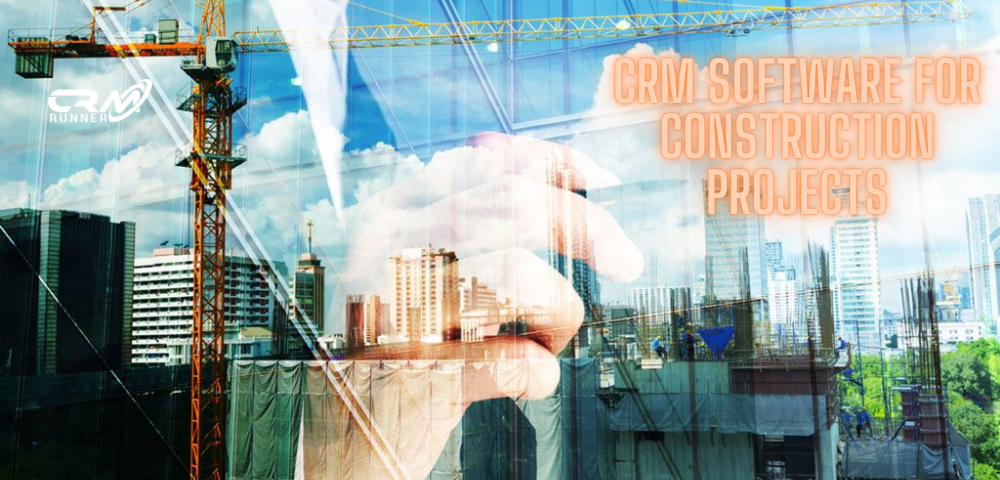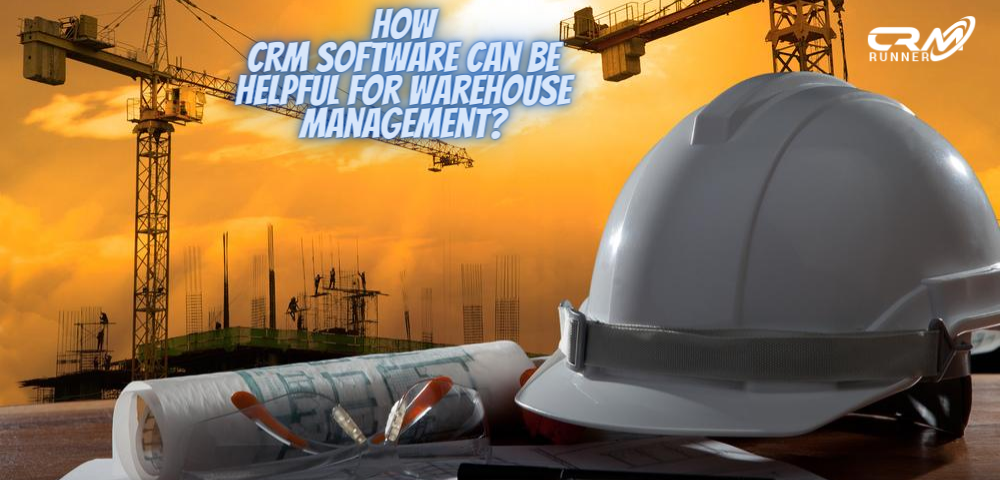Customer Relationship Management is one of the main aspects covered by almost all the organizations as it is the only way to stand out in this cut-throat era of competition. Providing the best quality after-sales service and maintaining the customer relationship is what creates an impact on the customer’s mind.
CRM app focuses on aligning the company’s goals with customer requirements and making them happy and satisfied. The main objective is to keep the customers staying or coming again and again by providing them with the best of the services or products.
The Benefits of CRM software for Small and Medium Businesses Are As Follows:
- Managing the Leads
Lead is an unqualified customer in CRM software for construction projects; you can identify potential prospects through systematic follow-ups and earnest efforts. Generating Leads is supposedly the first step of the Sales Process in CRM software. A Lead record maintains information about a person, and the company he is associated with.
- Managing the Opportunities
The opportunity represents prospects with abundant chances of revenue generation. It provides a strategy to follow up with prospective customers who are likely to successfully finish the sale. It helps you track prospects’ potential through the sales cycle.
- Contact Management
Contact can be represented as a trained leader in sales. Contacts distinguish qualified customers from the enormous list of unskilled customers. Contacts also represent the people that do business with you. They could be acting individually or representing an organization.
- Managing the Inventory
In your Inventory, products represent the stock of goods. Depending on the nature of your Organization, products may be either procured from your suppliers or rendered to your customers. If both selling and buying goods are managed by your company, the Products module will act as a bridge between Sales and Purchasing departments.
- Invoice Management
Sales Order is an internal document generated by the firm after receiving the Purchase Order. Roofing contractors CRM Software assists your sales team track all the services or products that should be manufactured, shipped, etc. as per the agreed prices and dates.
- Managing Support
Post-sales support requests generated by your customers are also called tickets as Cases. It offers your sales team the flexibility to create, communicate, edit, and close the case after your customers get the right solution.
- Project Management
A project is a planned work involving specific targets, start date, and end date, budgets, progress, etc. Comments will help users to collaborate. By associating projects with the Tickets module you can also track the identified and fixed issues.
- Managing other Activities
CRM software manages all the day-to-day activities of the users that can help in conducting the sales process. In connection with the evolving future needs and growth, CRM software compiles all the necessary emails that are related to the customers. Moreover, it stores all the details that belong to the meetings and calls of the customers. It simply does all the stuff that relates to daily/routine activities as it can help to get closer to the customer.
Choosing a CRM software for your business is the best way to convert your leads into opportunities and get higher sales for your organization.


 Français
Français Русский
Русский العربية
العربية Hebrew
Hebrew Deutsch
Deutsch Português
Português Turkish
Turkish Persian
Persian Italiano
Italiano Español
Español




